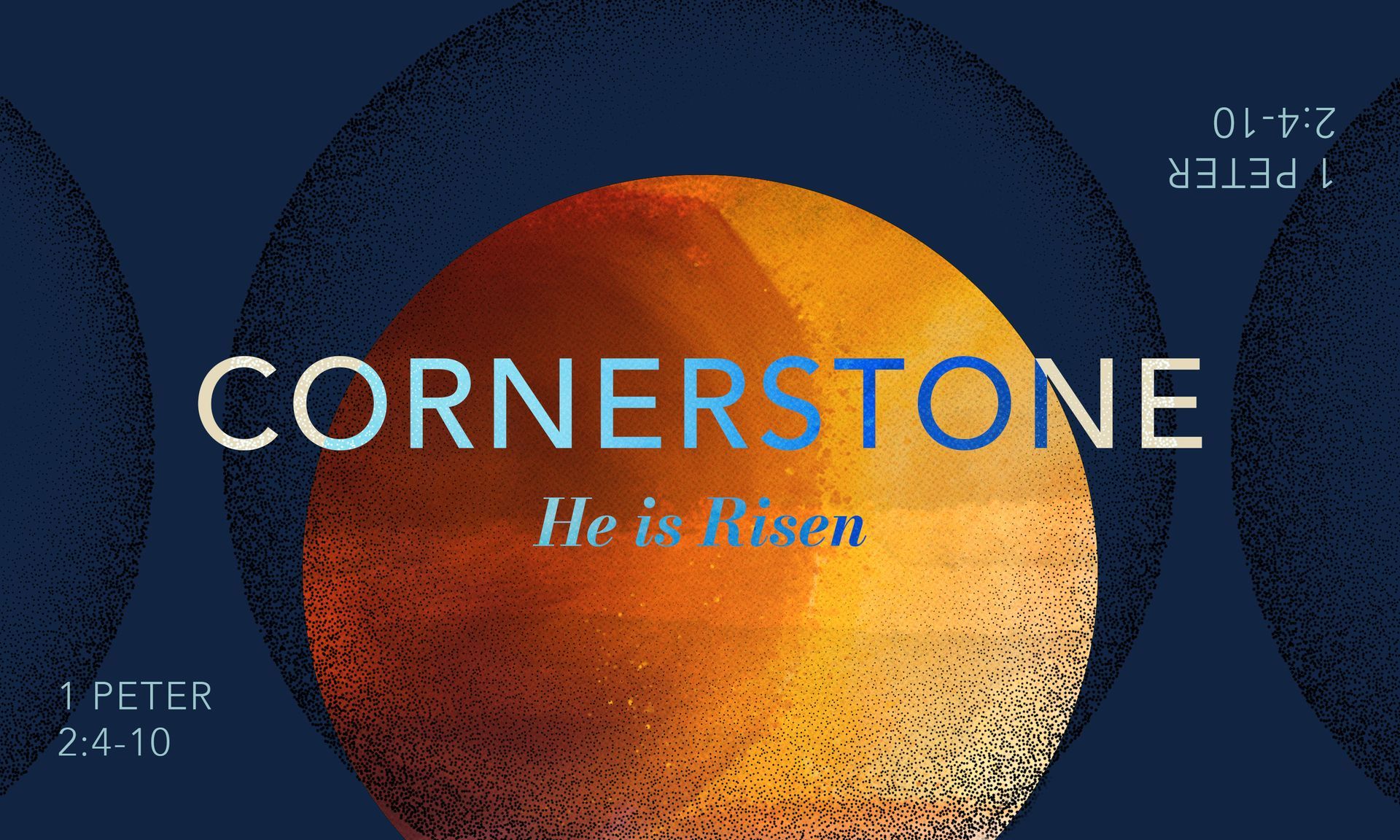Clothed in Christ's Righteousness
In our passage this week (Zechariah 3), we learn of Zechariah's vision of Joshua the High Priest.
This takes place in a heavenly courtroom, where the angel of the Lord sits as judge. Joshua, the high priest and one of the leaders of the returned exiles, is the defendant and Satan is the accuser.
In the vision, Joshua described as being “clothed in filthy garments.” The angel orders those who were standing before him to remove the garments, then tells Joshua, “Behold, I have taken away your iniquity away from you, and I will clothe you with pure vestments.”
The angel then adorns him with a clean turban, priestly garments, and a single stone “with seven eyes”. On the stone is an engraved inscription and the promise that the Lord of hosts will remove the iniquity of the land in a single day.
This all begs the question…
what does Joshua do to become worthy to stand before the Lord and serve?
Answer: He does nothing.
There was nothing he could do. He was without defense or remedy. He just stood there.
Like Joshua in his filthy robes, we too are unworthy to stand before God or serve him on our own merits.
When we consider our own failures and disobedience, how do we respond? Like Joshua, we stand guilty in a painfully obvious way.
“And you were dead in the trespasses and sins in which you once walked, following the course of this world, following the prince of the power of the air, the spirit that is now at work in the sons of disobedience— among whom we all once lived in the passions of our flesh, carrying out the desires of the body and the mind, and were by nature children of wrath, like the rest of mankind.”
- Ephesians 2:1-4
Like Joshua, we too are clothed in alien unrighteousness.
Joshua is not worthy, even with his new clothes, to bear the iniquity of an entire nation. So God gives him a new jewel to add to his clothes. A stone upon which is inscribed with a branch and seven eyes (Zechariah 3:9).
As Pastor Ky elaborated on, the branch is to signify “David’s Heir.”
The seven eyes are explained more in Revelation 5,
“And one of the elders said to me, “Weep no more; behold, the Lion of the tribe of Judah, the Root of David, has conquered, so that he can open the scroll and its seven seals.” And between the throne and the four living creatures and among the elders I saw a Lamb standing, as though it had been slain, with seven horns and with seven eyes.”
This all points to Jesus: the Lamb of God; the root of David; the better sacrifice; the better King. The inscription on the branch was a slain lamb.
“The only thing of my very own which I contribute to my redemption is the sin from which I need to be redeemed.”
- Sinclair Ferguson
Like Joshua, we too are accused by Satan of being unworthy.
We hear the lies of Satan every day. We hear it on Sunday morning,
“Who are you kidding? I saw how you were with your kids last week. God knows what you did last night. Who do you think you are coming in here?”
The answer is not to argue about how dirty our clothes are. It’s not to compare ourselves to others.
The answer is not to compare and compete, but to confess and cling.
The real danger we face in light of the Gospel is not our unworthiness itself, but our unwillingness to acknowledge it.
Imagine if Joshua would have just held on and said, “No, I’m good. If God won’t accept me like this, then I just won’t be accepted.”
One of the lies our society tells us is that, “surely our clothes aren’t that bad…” We think, “Yeah, I’m not perfect, but I’m a pretty good person, and if that’s not enough for God, then I guess I can’t do anything about that.” These beliefs fail to recognize the holiness and righteousness of God.
Our robes and our worthiness come from Christ alone. It’s only because of His righteousness that we are able to stand before the Father.





